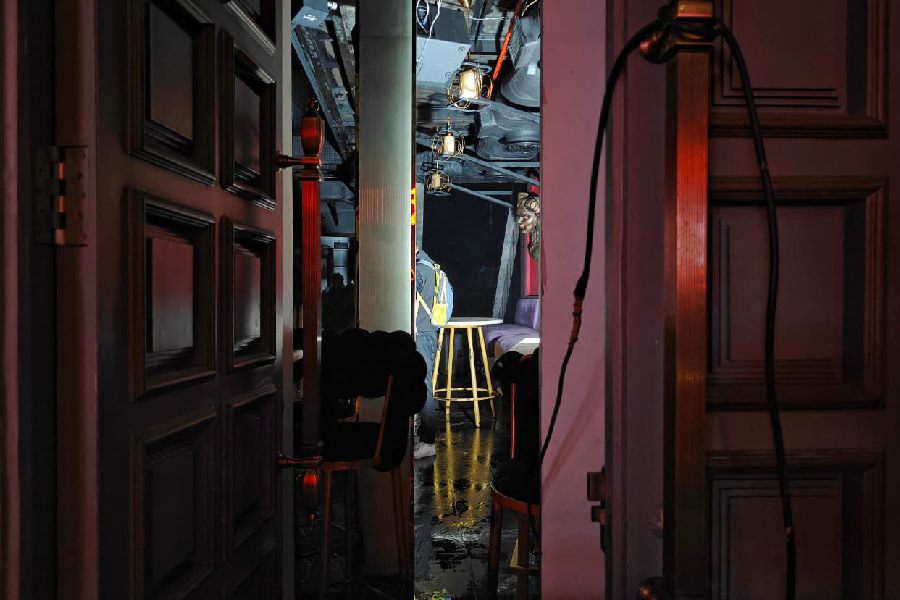 |
New Delhi, June 23: Bio-toilets used by the army in high-altitude areas like Siachen will now be provided free to 1,000 select villages to tackle the problem of open defecation and its health hazards.
Rural development minister Jairam Ramesh will launch the project tomorrow at Dhamra in Odisha, where over 500 such “bio digester” toilets will be provided soon to cover six villages.
Developed by the Defence Research and Development Organisation’s (DRDO) Gwalior laboratory, these bio-toilets use bacteria that digest the waste and turn it into biogas and odourless compost. (See chart)
These toilets cost around Rs 10,000 — about the same as the ordinary two-pit toilets that will now power India’s rural sanitation scheme, replacing the earlier Rs 4,300 latrines. Besides, they do not require sewers and treatment plants to be built, use less water, and need little maintenance.
There is no need to replenish the bio-toilets since these anaerobic bacteria (which do not require oxygen to survive), brought from Antarctica, procreate and grow unless exposed to any acid or chemical, DRDO scientist Ravi Kumar Gupta said.
“These bacteria survive for decades. If you drop acid or chemical, you may have to replenish such bacteria,” he said.
These toilets have been installed in some trains, tourist houseboats in Kashmir and Kerala and a few villages in Lakshadweep. The DRDO’s capacity limitations mean it can provide these toilets only to 1,000 villages in the country, but minister Ramesh said this shouldn’t detract from the effort.
“There is no magic formula for the sanitation problem. A multi-pronged approach is required.... The bio-toilets programme is one such endeavour,” he told The Telegraph.
Ramesh said 60 districts where thousands of children die from Japanese encephalitis would receive priority during the selection of these 1,000 villages.
These 60 districts are spread across Uttar Pradesh (20), Bihar (15), Bengal (10), Assam (10) and Tamil Nadu (5). The Bengal districts include Bankura, Burdwan, Birbhum, Hooghly, Howrah, Jalpaiguri and Malda.
Ramesh said of the country’s 2.4 lakh gram panchayats, only 28,000 (less than 12 per cent) were nirmal gram panchayats, that is, they are free from open defecation. The figure is lowest (two per cent) in Odisha but over 30 per cent in Bengal, where 1,077 of the 3,352 gram panchayats have proper sanitation.
He added that Sikkim was the only state free from open defecation while Kerala and Maharashtra were expected to achieve the status by the end of this year.
Ramesh said the government had approved an increase in the assistance to households to build toilets.
A household now gets around Rs 4,300, which includes Rs 3,300 from the Centre and Rs 1,000 from the state. The cabinet this month agreed to raise the central aid to Rs 7,700, with the states’ share rising to Rs 1,400 and the beneficiaries required to spend Rs 900 out of their own pockets.
The current Total Sanitation Campaign scheme restricts the beneficiaries to below-poverty-line families but the cabinet has decided to rename the scheme as Nirmal Bharat Abhiyan and bring above-poverty-line families into its fold.











